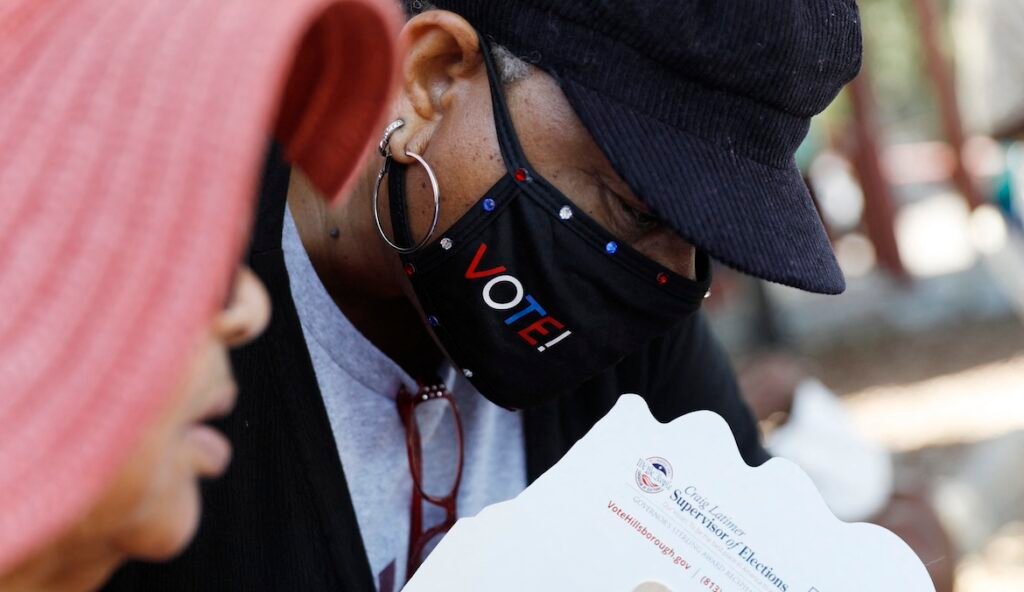While other papers have explored this health link before, this new publication is a comprehensive study that looks at the entirety of research on the topic (more than 100 other studies), and the conclusions are pretty obvious. Many of us have seen what happens in the health world in general: People who distrust doctors and Western medicine—regardless of their political affiliation—tend to abandon commonsense medical interventions and instead become anti-vaccine A victim of the coronavirus.
This phenomenon has played out in U.S. politics over time, but as the political landscape has become increasingly polarized, researchers say people’s health and health behaviors have gotten worse.
How political polarization threatens health
The researchers found that there are several levels of connection between polarization and health:
- The study found that voters who were more extreme than the state’s average voter had poorer physical and mental health.
- More polarized voters also hold beliefs or behaviors associated with worsening health, such as not getting vaccinated, not trusting or listening to the advice of medical professionals, and eating an unbalanced diet.
- Increasing polarization has become entangled with health advice, turning some supposedly politically neutral issues into inflammatory and partisan talking points, undermining the authority of medical professionals.
In the United States, health issues — such as support for or against vaccines; or generally trusted health authorities, such as the coronavirus czar and former chief medical adviser to the president, Dr. Anthony Fauci, whose authority remains a partisan issue — have become increasingly aligned with political parties. Connected. However, this is not the case around the world: A study of 67 countries found that allegiance to one party or another was not always associated with healthy attitudes of distrust.
Meanwhile, a survey of European countries showed that partisanship once again predicted health behaviors. Therefore, combining insights from these two studies, the researchers concluded that the link between polarization and health is independent of actual ideology (i.e., a person’s or a party’s beliefs). Rather, it is about polarization and extremes themselves.
Let’s get this straight: right-wing political ideology in the United States is currently posing great risks to people’s health, whether it’s undermining affordable health care or preventing doctors from performing abortions on people in serious medical distress (researchers put it known as health) risks. Overall research also shows that citizens in far-right-leaning states like West Virginia and Mississippi have poorer health outcomes.
But is this phenomenon a sign of a bigger monster? If we were less abusive toward our political opponents, wouldn’t we be less willing to ignore the advice of our doctors and public health experts about the rhetoric of our politicians? If there was more compromise and collaboration in politics, would our politicians be so willing to weaponize our health to gain power? Perhaps adverse health behaviors and outcomes are just a symptom and the real disease is polarization.
So if you find yourself hyperventilating at the prospect of the other party winning the election, let it remind you to take a deep breath, maybe go for a walk, and put your health first.

